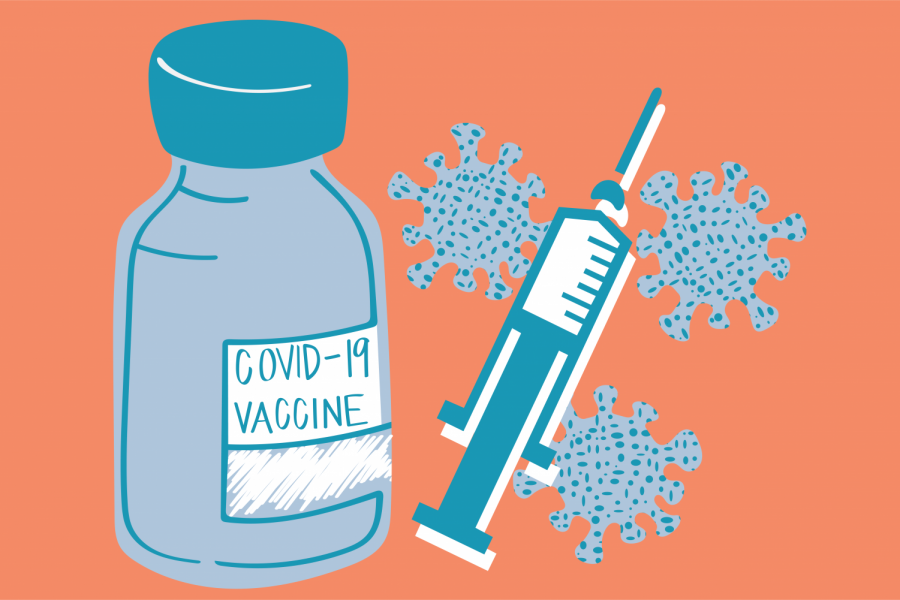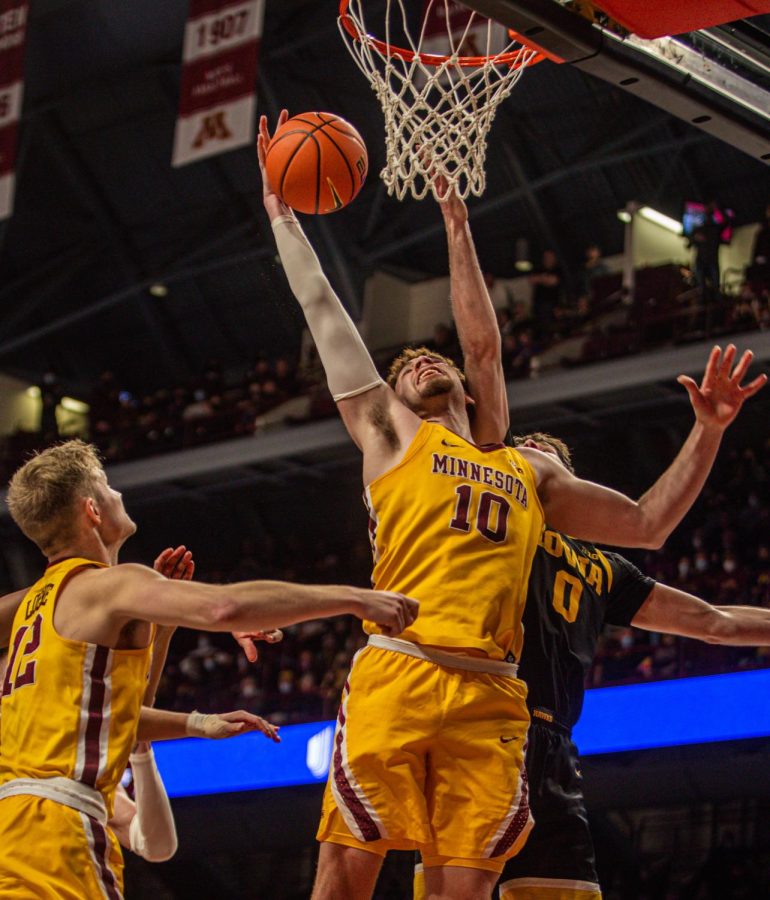As part of the University of Minnesota’s ongoing “Immigrants in COVID America” project, researchers recently released a new research spotlight diving into the obstacles immigrants and people of color face in gaining access to the COVID-19 vaccine throughout the pandemic.
A University graduate student authored the report, titled “Identifying Obstacles to COVID-19 Vaccine Accessibility for Immigrant and POC Populations,” in collaboration with researchers from Gustavus Adolphus College. The project highlights the disproportionate impact of the pandemic on immigrants and people of color across the country by analyzing data and presenting it in an accessible format.
“The idea was always to create things, and not just collect things, so part of the project involved stories from the pandemic where we’re providing first hand accounts from immigrants and refugees impacted by the pandemic [in addition to] these research spotlights,” said project director Erika Lee.
The project includes data, news reports and various perspectives to report on the economic, social and health repercussions of COVID-19, according to the project’s website. The new research spotlight focuses on the language, technology and residential barriers that limit vaccine accessibility for immigrant populations and people of color.
“We really wanted to just highlight the important things that we had come across in our research throughout the entire project,” research spotlight author Bella Rolland said. “Something that really stood out to us in terms of health equity was access to vaccines and it was super relevant.”
The research discusses the potential reasons why people may not be getting the vaccine, including the unequal access to healthcare that impacts immigrants and people of color.
“From a social justice and equity perspective, we wanted to explore why are certain communities hesitant to get the vaccine, but also is there another side to that story, is it not just about hesitancy, but is it also about access,” Lee said.
When considering access to COVID-19 vaccines, Rolland said people of color and immigrants may not live in areas close to sites where vaccines are administered.
“Transportation is an issue, they don’t have the ability to take time off of work to get there, or they have to take a bus for two hours to get to somewhere where there is a vaccine,” Rolland said.
For people who do not speak English, it can be difficult to understand and interpret the information surrounding COVID-19 vaccines, Rolland said.
Rolland said having vaccine information presented mostly in English allows misinformation to spread among those who do not speak the language. This has impacted COVID-19 vaccination rates among immigrants and people of color, as some may not “have access to healthcare or have a doctor that they trust that can talk to them about COVID-19,” Rolland said.
Lack of access to the internet may also make it difficult for people to get vaccinated, as many sites ask people to make vaccine appointments online. In addition, signing up online may make people feel unsafe or worry about sharing personal and private information due to lack of trust in the government, said Maddalena Marinari, project co-director and associate professor at Gustavus Adolphus College.
“The fact that [vaccine appointments are] electronic also generates, particularly among immigrants and refugees, a fear of the government collecting this information,” Marinari said. “Some people are undocumented in writing and so [it’s the fear of] will this come back to haunt me, essentially, even though authorities say ‘no.’”
Rolland said there is a bigger story behind why some people remain unvaccinated. While some may be hesitant to receive the vaccine due to personal beliefs, access to healthcare and vaccines also is an important factor.
“I think it’s important for people to know that vaccines are a tool to help us overcome the COVID-19 pandemic, but there is still so much more that needs to be done, besides just people getting vaccinated, and a big part of that is also addressing the systemic inequalities,” Rolland said.
Since there are various reasons that people are unable to get the vaccine, it is a difficult topic to address and does not have a “one size fits all solution,” Marinari said.
Rolland said she is optimistic that vaccine accessibility will improve in the future.
“I hope more people will acknowledge that there are steps that we can take to support the health of and the health accessibility of these populations, including increasing public health guidance and training and education,” Rolland said. “More people should just be aware of that and want to invest in those types of solutions.”





















